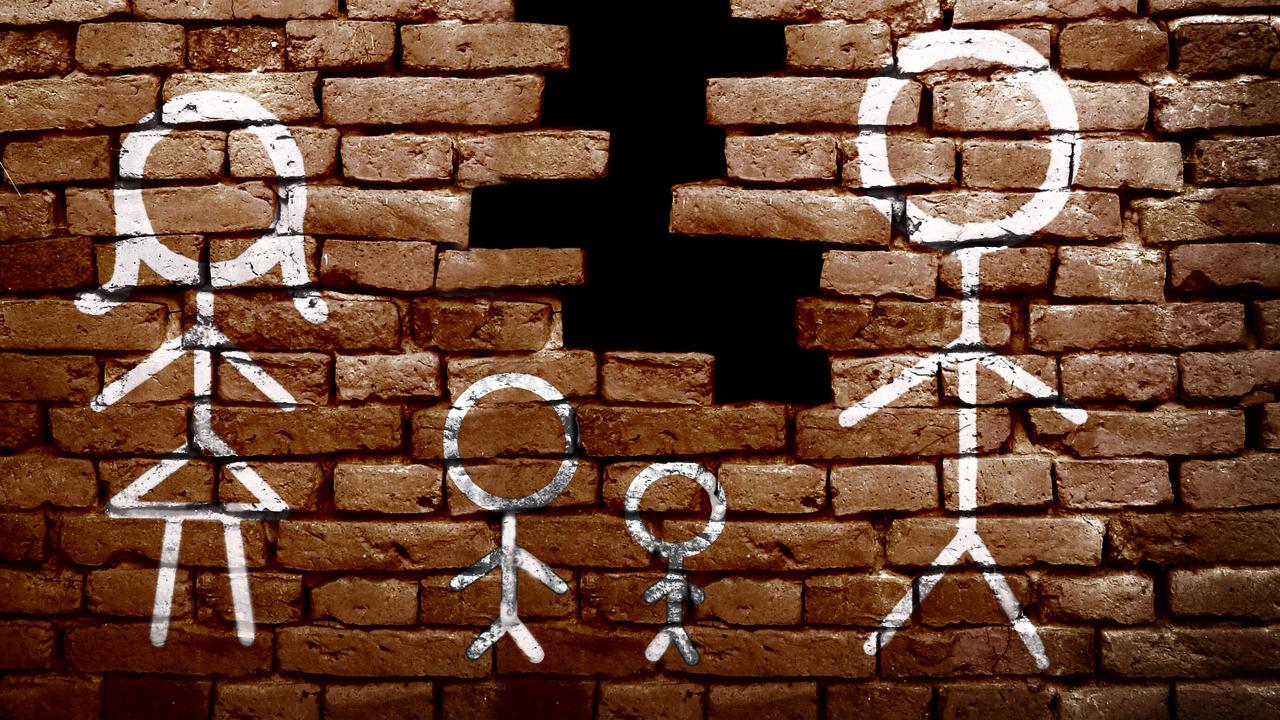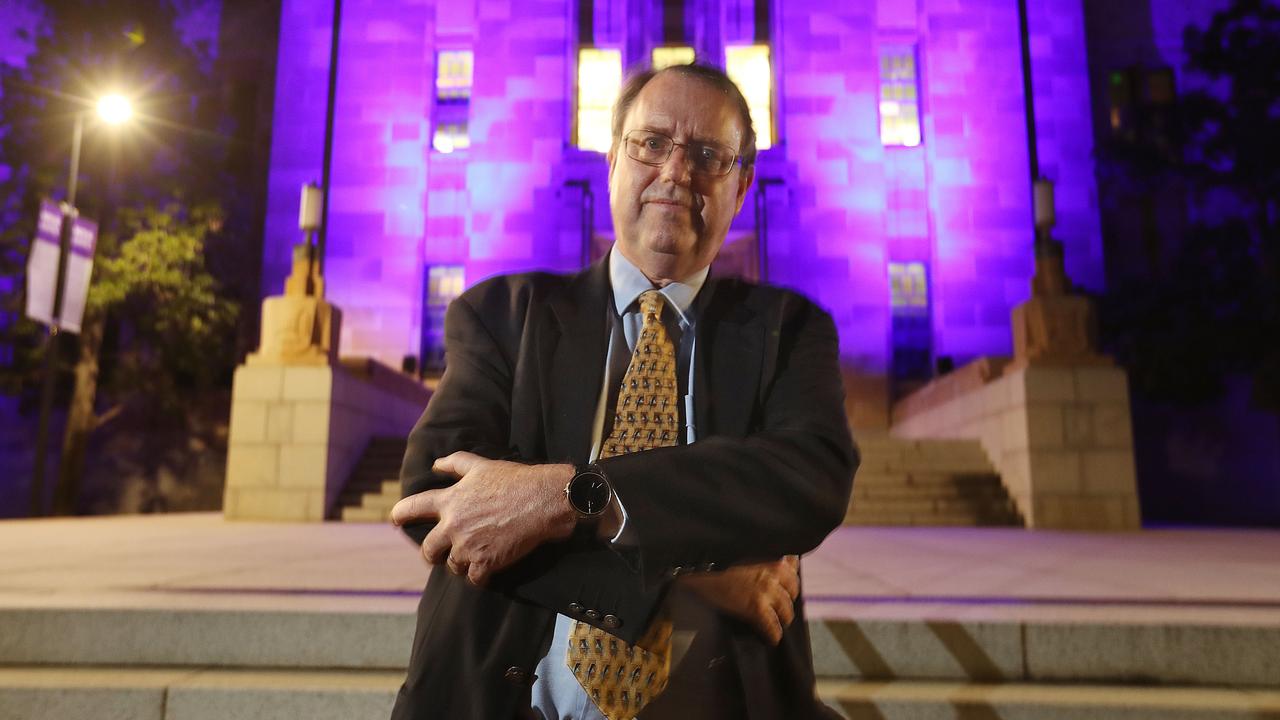-
EXCLUSIVE
- 32 COMMENTS
A prominent former family court judge says the government’s proposed change to overhaul the family law act should be revised amid concern the laws could undervalue the importance of a child’s relationship with both parents.
The warnings come as Family Law expert Patrick Parkinson branded the changes “staggering” and said they would result in higher rates of litigation with disputes becoming harder to resolve.
Professor Richard Chisholm, who served as a judge on the Family Court of Australia from 1993 to 2004, said Labor’s push to abolish the presumption of shared parental responsibility under the law must be careful not to inadvertently bring Australia back to a time when mothers were granted primacy in court battles.
|
THEAUSTRALIAN.COM.AU00:50
Australian mum’s plea to PM and A-G for family law change |
Labor is seeking to abolish the presumption of shared parenting in court disputes – which directs a court to apply the presumption that it is in the best interests of a child for the parents to have equal shared responsibilities – and also slash the number of factors from 15 to six “best interest” considerations used by courts when deciding the best parenting arrangements for a child.
In his submission to the Attorney-General’s department, Professor Chisholm referenced a separate contribution from Professor Parkinson, who warned the omission of the provision would bring back the old “80:20” model that underpinned an assumption that mothers would be responsible for the bulk of the child-caring duties following a relationship breakdown.
The former judge said this deserved “careful attention” amid anecdotal evidence that family law practice had “somewhat marginalised fathers” in the past.
“It is important for the majority of children to continue the involvement of both parents after family separation,” Professor Chisholm wrote. “It is right that the legislation should stress this, because, it seems, it was once assumed that it is enough for children to have one involved parent with the other (typically the father) providing financial support and weekend entertainment.

“It is important that the legislation should not be seen to support that assumption.”
Professor Chisholm argued that the clause should not be repealed but rather reworded to direct a court to “presume that it is in the child’s best interests that both parents continue to have parental responsibility, unless it considers that this would not be in the child’s best interests in the circumstances of the case”.
The suggestion comes after a 2019 Australian Law Reform Commission recommended the provision not be abolished but rather reworded to allow “joint decision making about long-term issues”.
Professor Parkinson, who was a key adviser to the Howard government that amended the act in 2006, warned the government’s proposed changes would have damaging consequences for parents, children, courts and social cohesion.
In his submission to the review, Professor Parkinson said the changes stripped “almost every reference” to the importance of both parents in a child’s lives and repealed all provisions about how this idea should translate into parenting arrangements after separation.
He said the legal system was likely to become “unsettled” by the changes causing litigation to increase and making disputes harder to resolve.
“These are staggering deletions and I doubt very much that the Albanese government wants to send the damaging message to the community that these deletions involve,” he wrote.
“The proposals represent a fundamental change to the values that are expressed to underlie the family law system.”
Labor’s proposed changes have been welcomed by domestic violence advocates, who argue the presumption of equal shared responsibility provision is often used by violent perpetrators to control the family and children.
Professor Parkinson said this argument was not based on evidence and that the family law system should be designed to serve the population as a whole.
“This is not a position supported by any research evidence, and were that view to be accepted, the whole family law system would need to be designed for the sole purpose of dealing with the most violent of men, who, it is assumed, will continue with that violence when parents are living apart,” he said.




